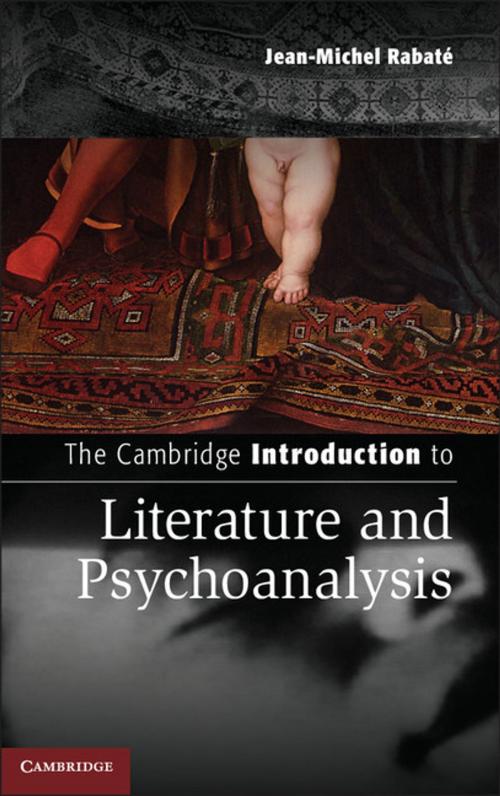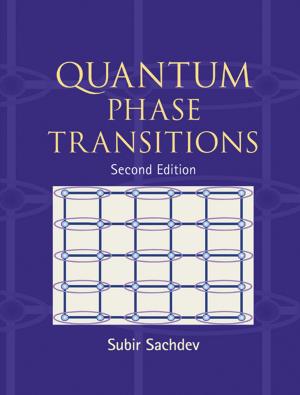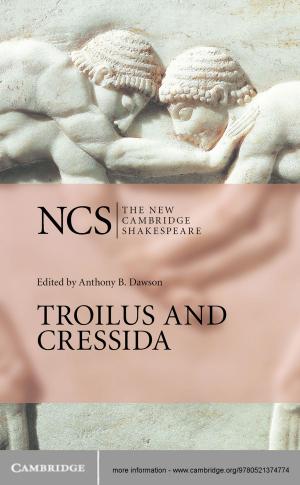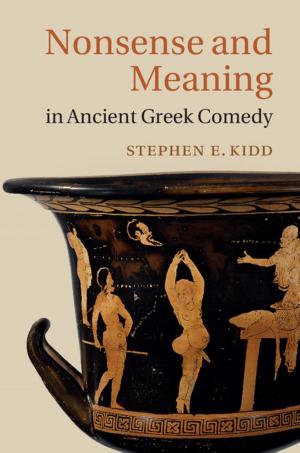The Cambridge Introduction to Literature and Psychoanalysis
Fiction & Literature, Literary Theory & Criticism, Theory, Nonfiction, Health & Well Being, Psychology| Author: | Jean-Michel Rabaté | ISBN: | 9781316053805 |
| Publisher: | Cambridge University Press | Publication: | September 22, 2014 |
| Imprint: | Cambridge University Press | Language: | English |
| Author: | Jean-Michel Rabaté |
| ISBN: | 9781316053805 |
| Publisher: | Cambridge University Press |
| Publication: | September 22, 2014 |
| Imprint: | Cambridge University Press |
| Language: | English |
This volume is an introduction to the relationship between psychoanalysis and literature. Jean-Michel Rabaté takes Sigmund Freud as his point of departure, studying in detail Freud's integration of literature in the training of psychoanalysts and how literature provided crucial terms for his myriad theories, such as the Oedipus complex. Rabaté subsequently surveys other theoreticians such as Wilfred Bion, Marie Bonaparte, Carl Jung, Jacques Lacan, and Slavoj Žižek. This Introduction is organized thematically, examining in detail important terms like deferred action, fantasy, hysteria, paranoia, sublimation, the uncanny, trauma, and perversion. Using examples from Miguel de Cervantes and William Shakespeare to Sophie Calle and Yann Martel, Rabaté demonstrates that the psychoanalytic approach to literature, despite its erstwhile controversy, has recently reemerged as a dynamic method of interpretation.
This volume is an introduction to the relationship between psychoanalysis and literature. Jean-Michel Rabaté takes Sigmund Freud as his point of departure, studying in detail Freud's integration of literature in the training of psychoanalysts and how literature provided crucial terms for his myriad theories, such as the Oedipus complex. Rabaté subsequently surveys other theoreticians such as Wilfred Bion, Marie Bonaparte, Carl Jung, Jacques Lacan, and Slavoj Žižek. This Introduction is organized thematically, examining in detail important terms like deferred action, fantasy, hysteria, paranoia, sublimation, the uncanny, trauma, and perversion. Using examples from Miguel de Cervantes and William Shakespeare to Sophie Calle and Yann Martel, Rabaté demonstrates that the psychoanalytic approach to literature, despite its erstwhile controversy, has recently reemerged as a dynamic method of interpretation.















